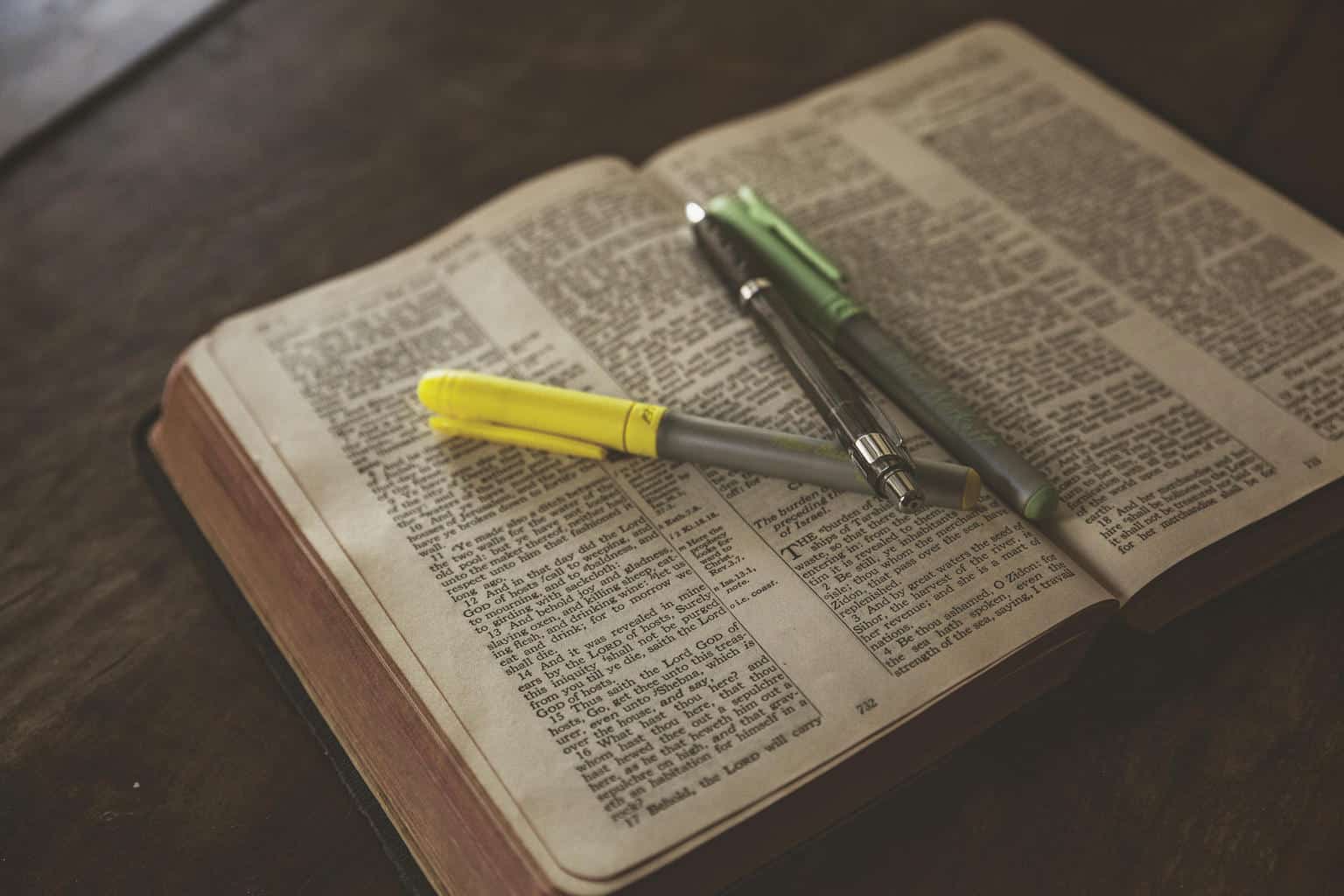And if Christ is not risen, your faith is futile; you are still in your sins! 1 Corinthians 15:17
In the book of Acts in nearly every sermon from Pentecost through Paul’s trials in the later chapters, the key point is Jesus’s resurrection from the dead.
Acts 2:24, 2:32, 3:15, 4:2, 4:10, 5:30, 10:40-41, 13:30, 13:33-34, 13:37, 17:31-32, 23:6, 24:21, 26:8, 26:23
Why was the resurrection such a focal point?
Keep in mind that these sermons were often preached to Jewish crowds. In their system of sacrifices, they depended on the intercession of the High Priest. Once each year, on the Day of Atonement he would take the lamb’s blood into the Holy of Holies into the presence of God and sprinkle it on the lid of the ark of the Covenant, the box that held the Ten Commandments. The lid was called the mercy seat. The High Priest was required to follow every detail of God’s instructions, from the selection of the lamb and the preparation and presentation of the offering down to his bathing routine and clothing. If every detail was correct, if every instruction followed, God would accept the offering and withhold His judgment for a year. If the High Priest failed in any point, even a minor one, he would be struck dead and the people would fall under God’s wrath.
So when the High Priest would emerge from the tabernacle and later the Temple there was great relief among the people. The High Priest lived! That meant the offering was acceptable, their sins were covered, they were safe.
Jesus is our Great High Priest, and the Lamb of God.
After offering His life’s blood, God had to signal that the offering was accepted, that it was sufficient. The High Priest had to live. But because the offering was so perfect, the judgment was stayed not just for a year, but for eternity.
The resurrection of Jesus Christ proves that our redemption is finished.
If He hadn’t raised from the dead, then it was only a martyr’s death and not a Savior’s death. But because He lives, we know we will too.
As you read the New Testament, notice how often the resurrection is mentioned. Do you think we focus on the resurrection more or less than New Testament believers?
(Although there is no longer a Temple or a system of sacrifices, the Day of Atonement is still observed by Jews today. You may have seen it on your calendar – Yom Kippur.)
As I was making notes, I discovered I had already posted on my topic. So yes, this is a repost but good information.






